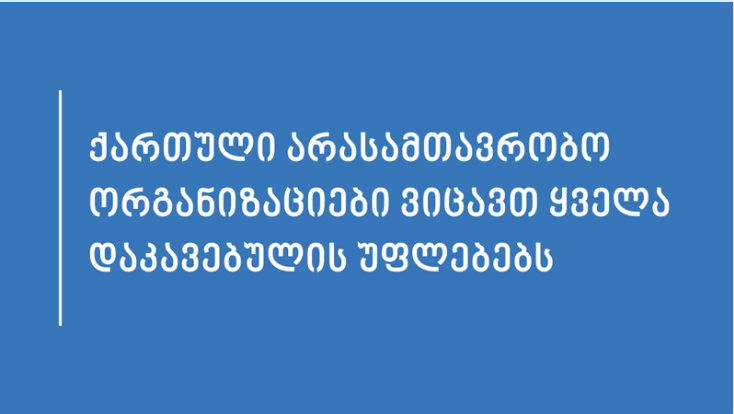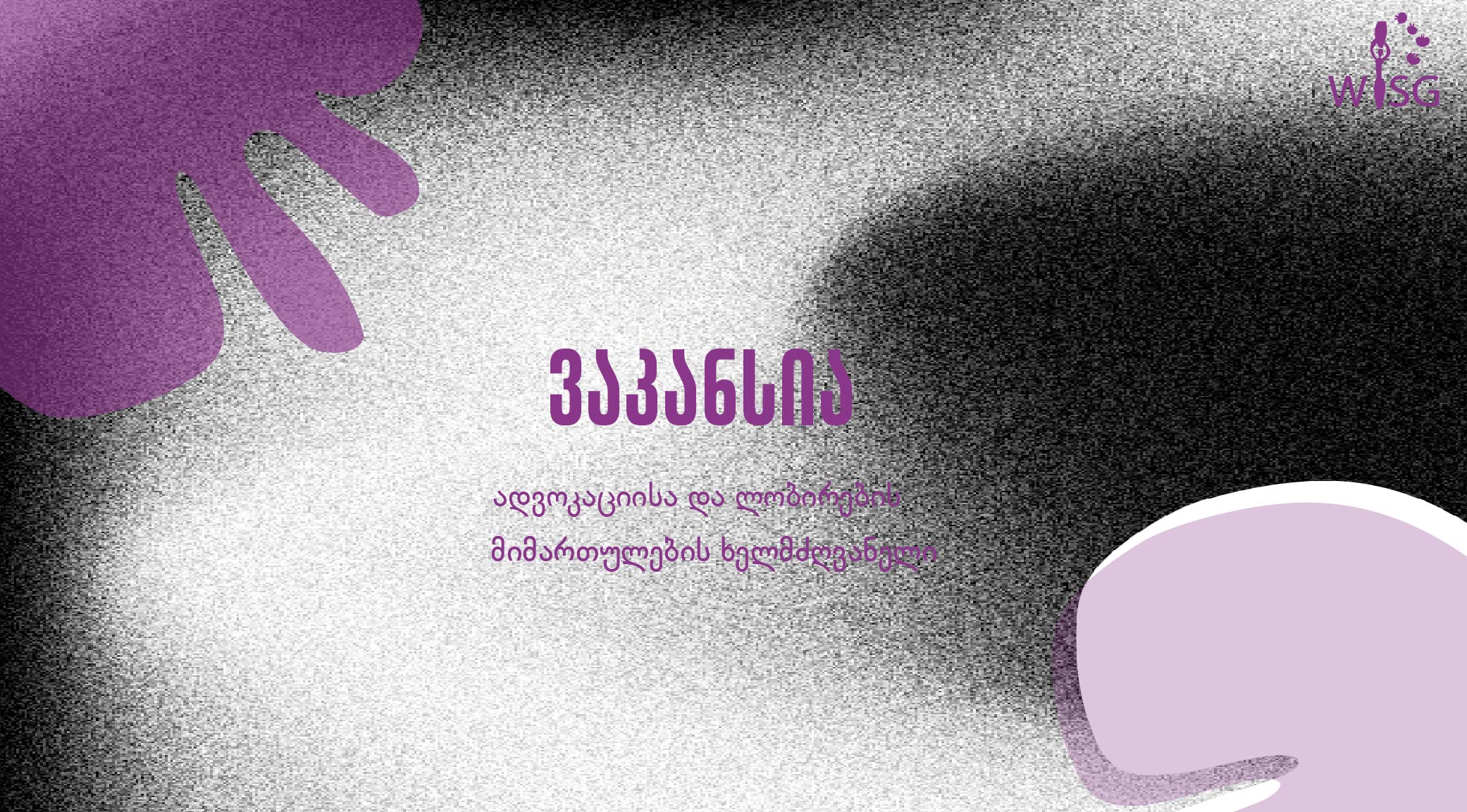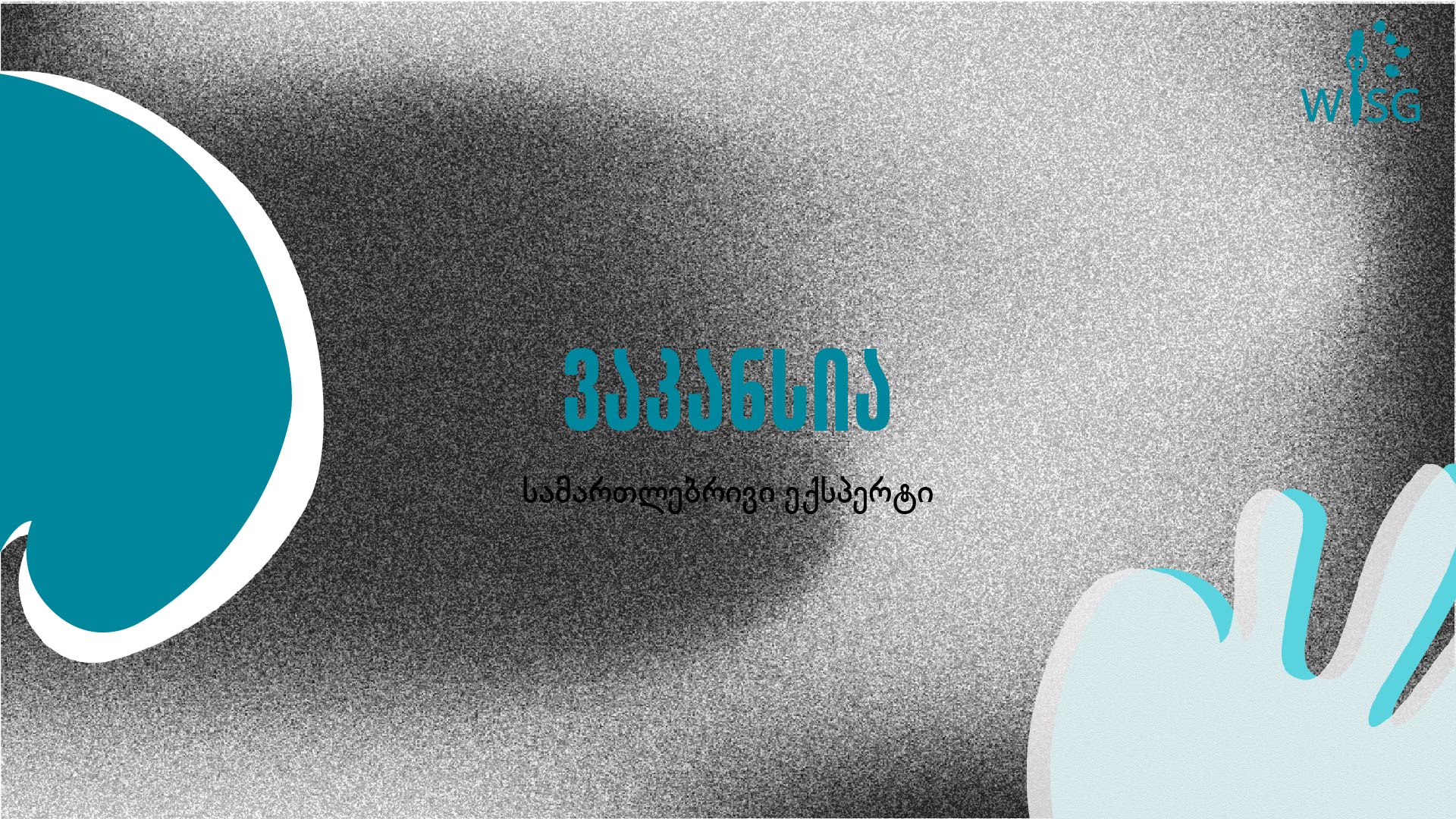
June 2015
On 15-20 June 2015, LGBTI organizations of Armenia, Georgia, Moldova, and Ukraine added voices and presence to the EuroPride events in Riga, the first all-European equality week on the post-Soviet territory. We seized this opportunity to come together and analyse the role and place of the European Union in supporting human rights and diversity in our countries – EU’s eastern neighbours and partners.
We share a great concern over the lack of consistent and uncompromised commitment of the EU to human rights of LGBTI persons, non-discrimination, and respect of diversity in its cooperation with eastern neighbours and implementation of policies and programmes within the Eastern Partnership framework. While non-discrimination and respect of diversity are set out among key European values, we are alarmed at lack or, in some cases, absence of congruous and unwavering actions to translate them into practice.
In light of the review of the European Neighbourhood Policy, we emphasize the need for the revised ENP to:
● include human rights at its core, with a clear and particular focus on LGBTI people and other minorities,
● recognise and address the threats for independent and diverse civil society in partner countries,
● ensure engagement of a representative variety of stakeholders in planning, implementing, and monitoring programmes within the EaP framework, and
● recognise and address the growing anti-EU sentiments within the countries and related risks brought by manipulation of LGBTI issues.
In recent years, we have made progress in the public debate on non-discrimination and equal rights for LGBTI citizens in our countries; Moldova, Georgia, and Ukraine introduced legislative changes that may bring greater protection for all regardless of sexual orientation and gender identity. Popular and political aspirations towards values that are associated with Europe have played an important role in facilitating this process. However, the civil society has grown more polarised, and LGBTI equality agenda is increasingly becoming a subject of political manipulations by various forces within our countries and beyond. When the EU, including its local representatives, step aside from vocal, active and ongoing support of non-discrimination and equality for LGBTI persons, it allows for abuse of these values and their distorted representation in anti-EU narratives. Moreover, in the end it leads to higher levels of non-acceptance and hostility towards LGBTI persons and those who defend their rights in our countries.
While we recognize the geopolitical context, and particularly the grave conflicts in the region, we strongly believe that human rights cannot be a subject of a compromise. Lack of security and stability, which are in the core of the ENP, is directly linked to violations of human rights and fundamental freedoms, inequality and lack of social justice, as well as stifled operation of civil society.
In this environment, lack of the EU’s strong and consistent position on non-discrimination and human rights for LGBTI personsin its cooperation with EaP partners sends a dangerous signal to decision-makers and societies. In countries where legislation was introduced to address discrimination, there is an alarming growing gap between legal framework and practice. We risk having regressive developments unlessprior support to human rights of LGBTI people and to civil society is strengthened further by a clear and consistent commitment embedded in all programmesand processes. The changes that have been achieved and space for LGBTI human rights organisations and other civil society groups that has been gained over the past years might go to square one fast.
Therefore, we strongly emphasize the need to place human rights at the core of relations with eastern neighbours of the EU. It is essential that minority groups are particularly taken into account, including LGBTI persons and human rights organisations working to ensure their equality. It is human rights and independent civil society organisations in their diversity that are the primary actors to hold governments accountable and to ensure a ‘reality check’ for policies and programmes. Cooperation, political dialogue, and national institutions capacity-building should go hand in hand with support to and engagement of independent, diverse, and representative civil society organisations, including those working towards LGBTI equality. EU’s progress assessments should take into account and reflect, properly and consistently, respect of the rights of LGBTI persons, as well as efforts to ensure access to political, social, and economic life to them and other minorities.
In this vein, the revised ENP should ensure inclusive and transparent consultation processes at the national and regional levels and greater engagement of LGBTI human rights organisations and other civil society groups in agenda-setting and implementation. Finally, human rights and non-discrimination as key principles of EU’s external action should be proactively supported by coherent political messages in various fora and on different levels.
GENDERDOC-M Information Сentre (Moldova)
Identoba (Georgia)
Insight (Ukraine)
LGBT Association ‘LiGA’ (Ukraine)
Public Information and Need of Knowledge (Armenia)
Women’s Initiatives Supporting Group (Georgia)







